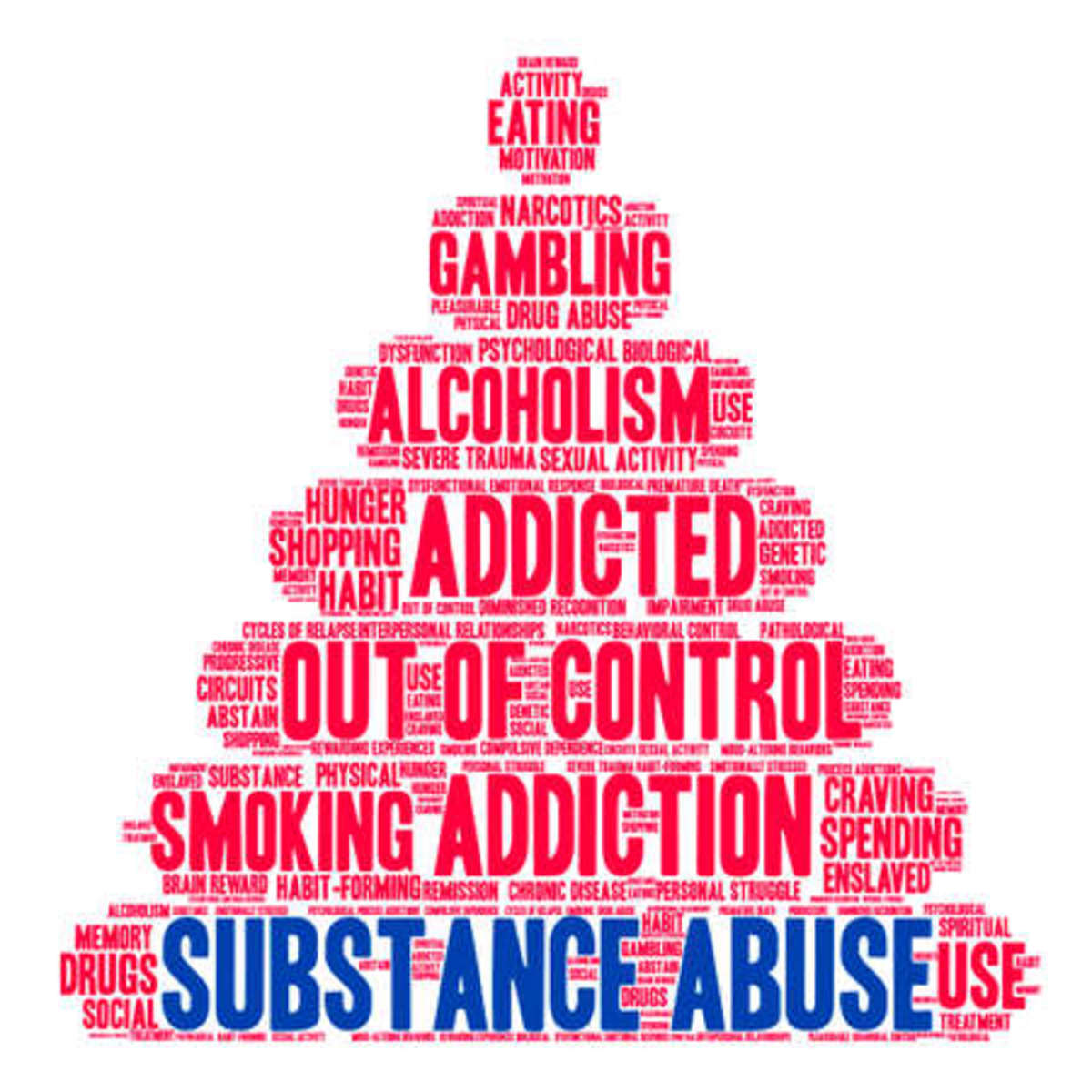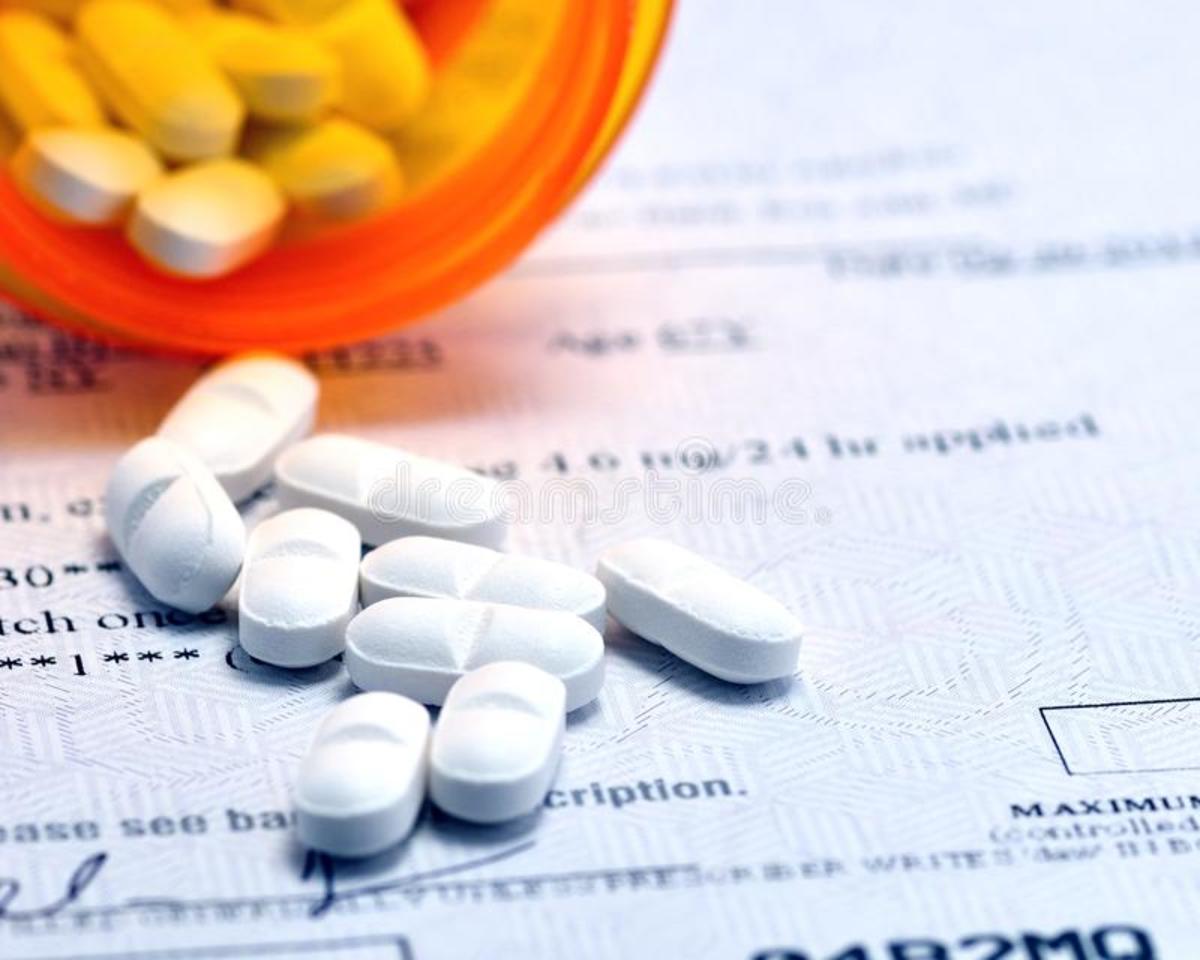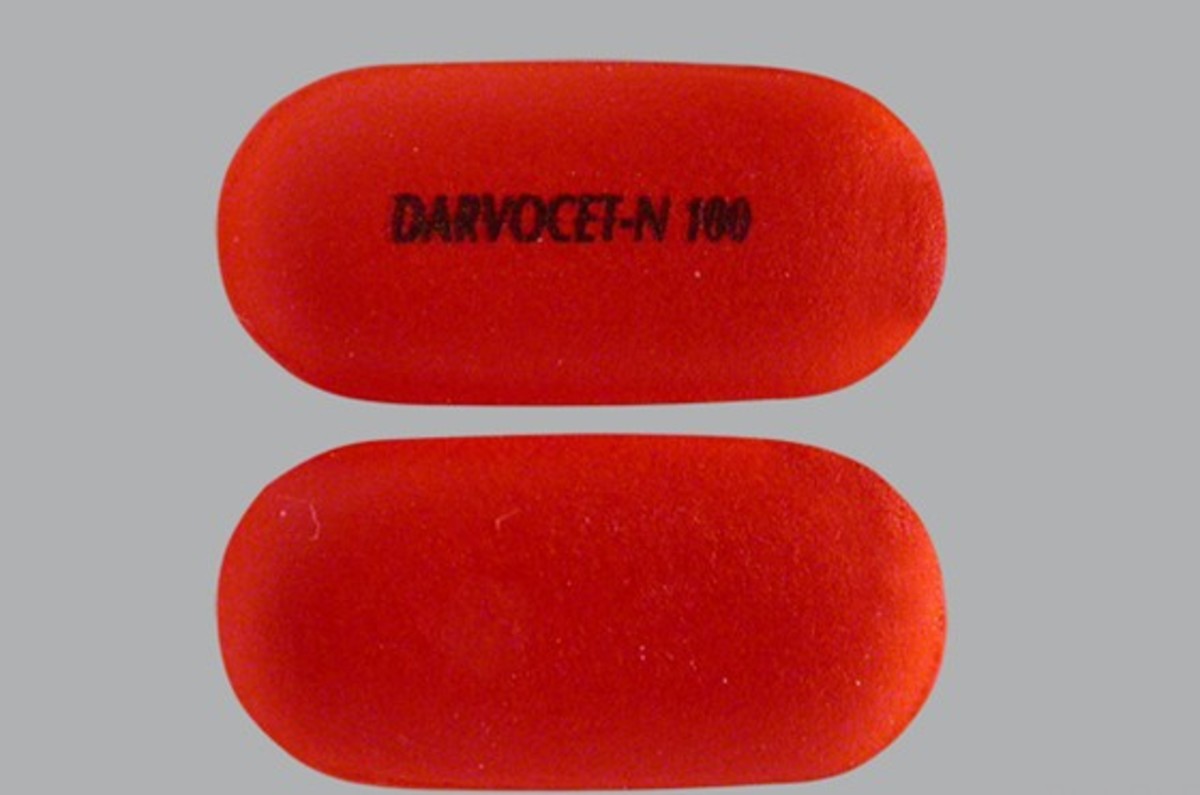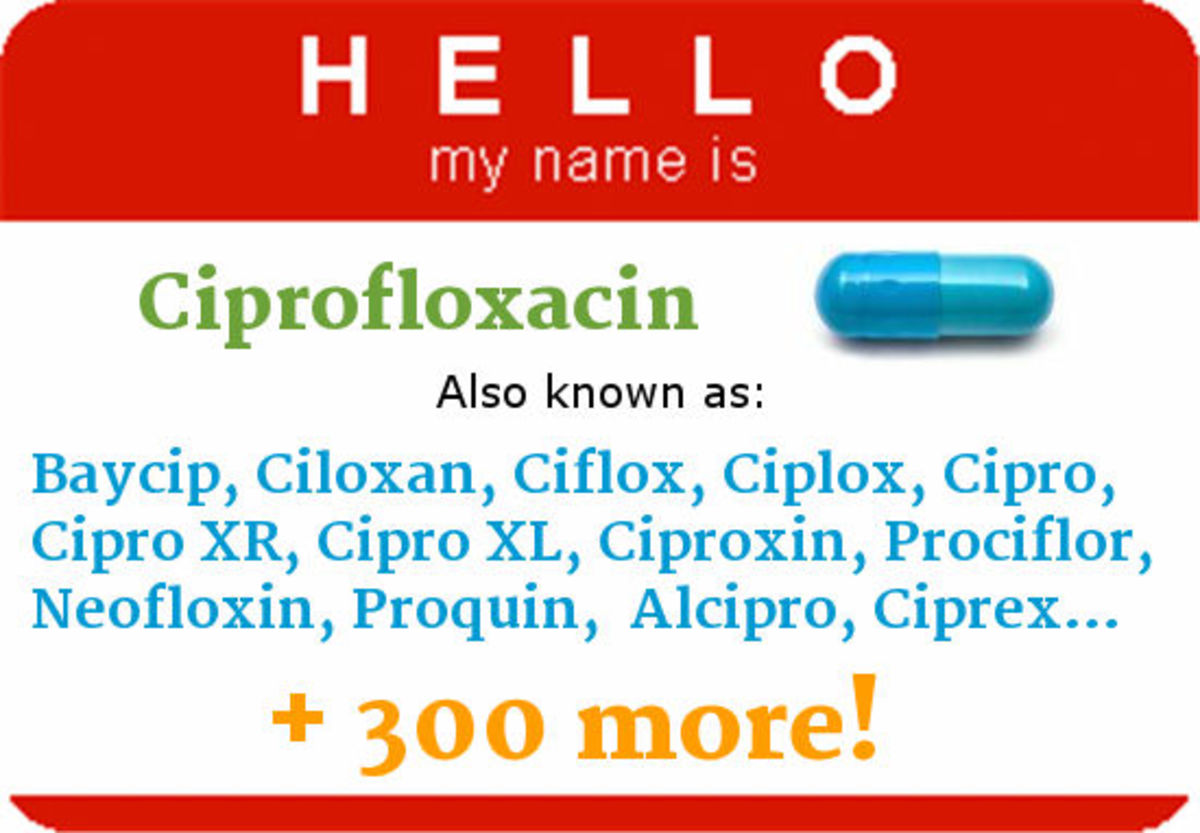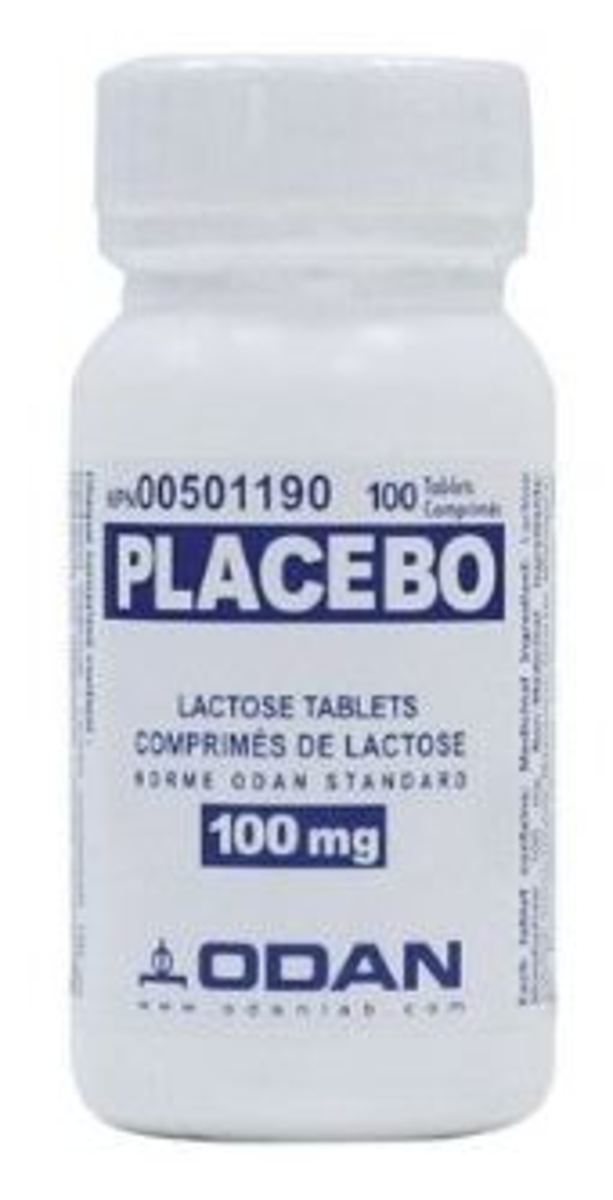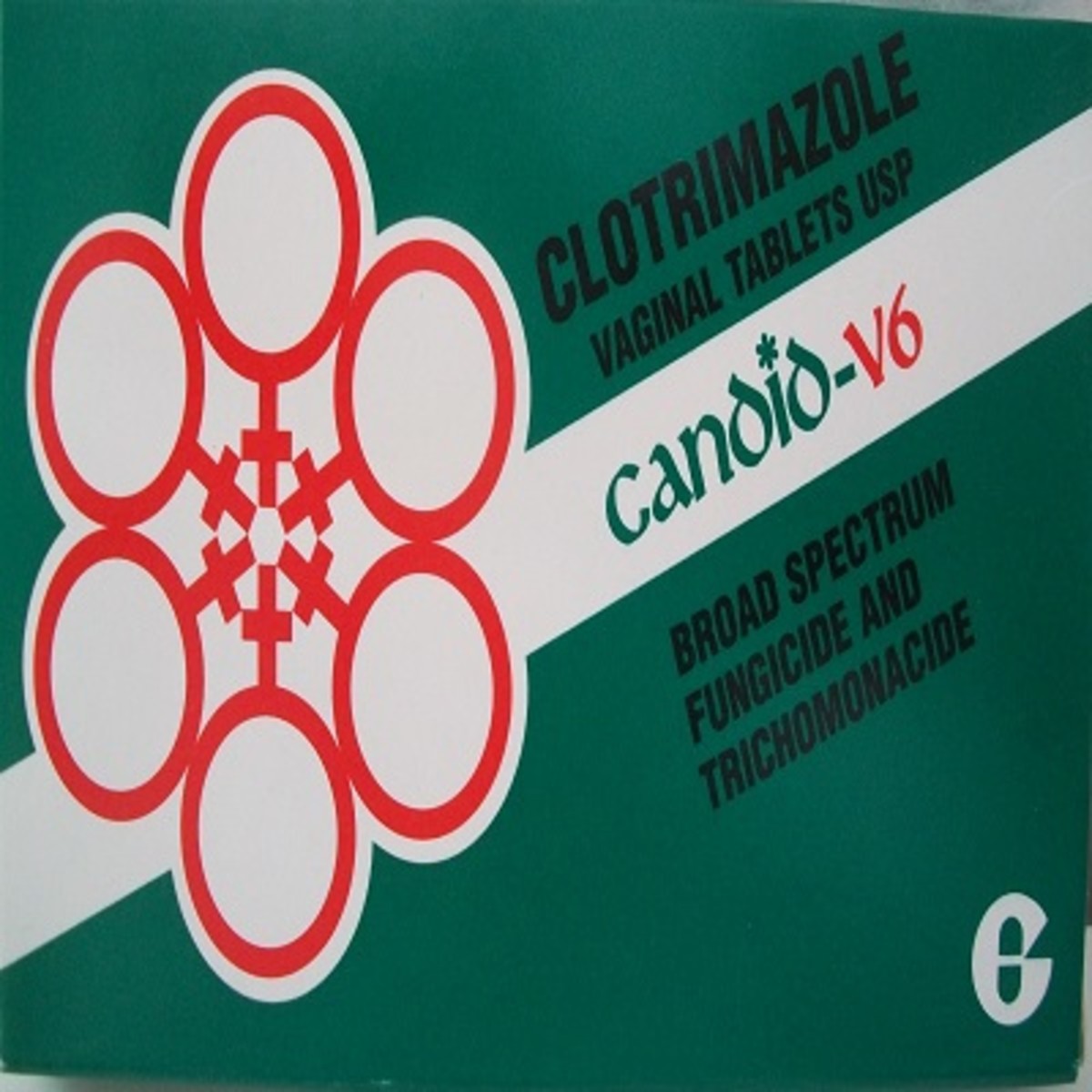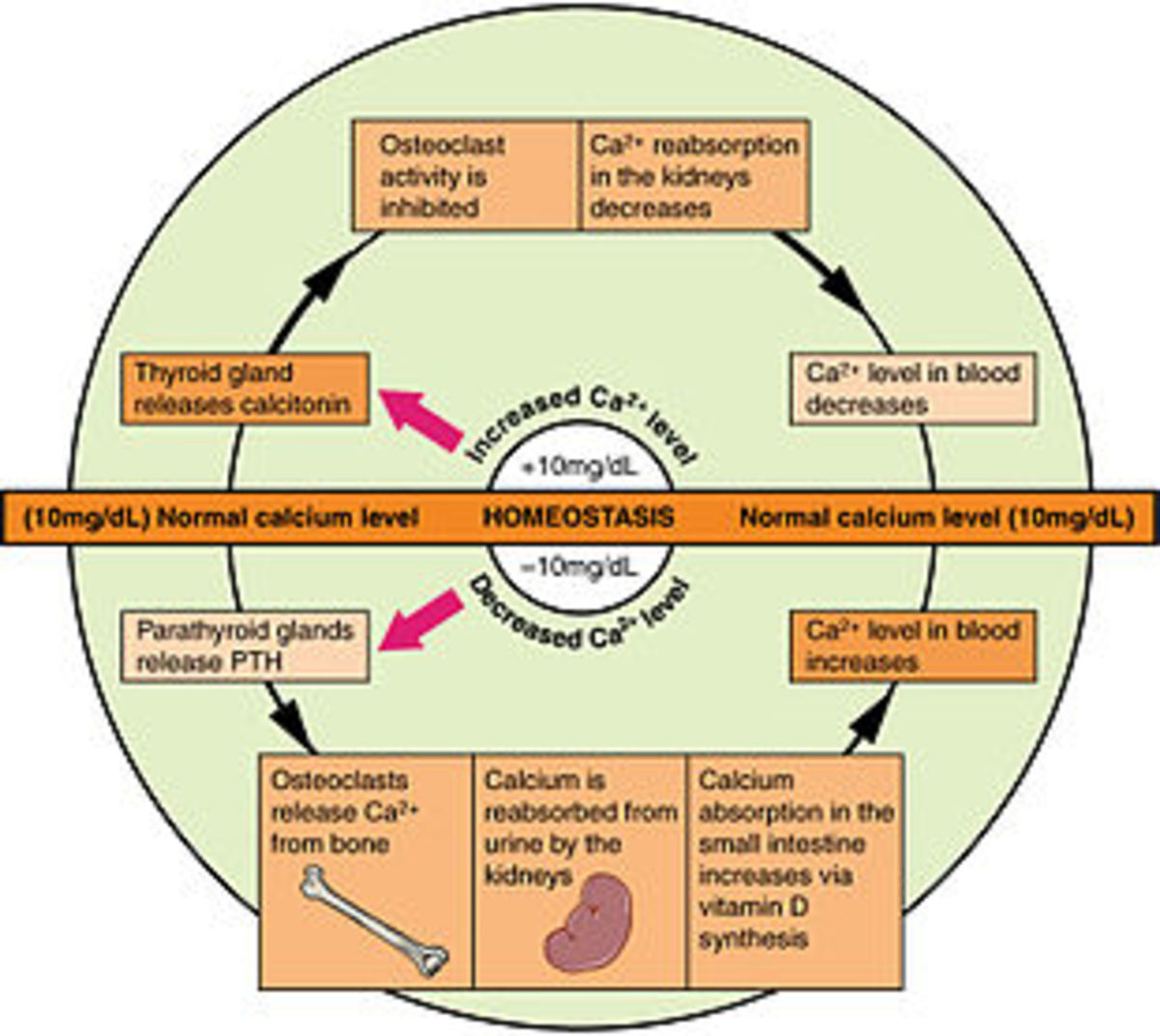- HubPages»
- Health»
- Health Care, Drugs & Insurance»
- Prescription & Over-the-Counter Drugs
Latest Withdrawn Drugs
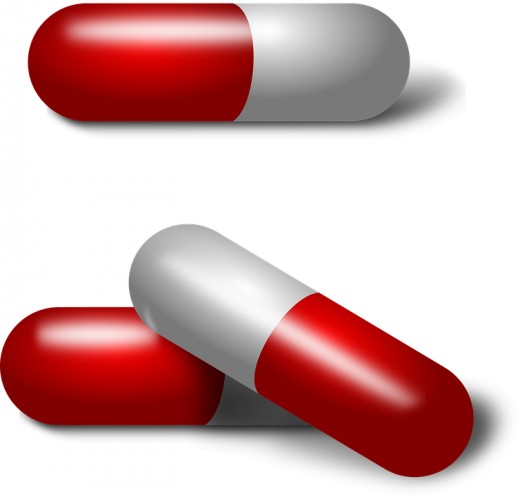
Why Are Drugs Removed from the Market?
Drugs that are available for patients treatment can be removed from the market for many reasons. Several regulatory agencies, medical societies, and watchdog groups are permanently monitoring and recording any possible side effect or adverse reaction to the thousands of currently approved pharmaceutical treatments. Therefore, after any therapeutic substance reported adverse outcome, an investigation file is opened, and new evidence is added to it as soon as it is found.
Each country has its own policies for medicament approval and withdrawal. Hospitals and doctors from around the world report any new finding to the respective regulatory agency. Consequently, If there is a threat to public safety or the side effects frequency and severity of them are higher than expected, the reported medication entered in an alert state or warning period. Afterward, if the evidence shows a clear link between the medicament and the adverse health effects, the healing agent may be retired. Concisely, if the risk of using the pharmaceutical product outweighs its potential benefits, the medication is withdrawn. It is removed from public use or the market.
What Is The Difference Between a Drug Recall and a Drug Withdrawal?
A drug recall is the temporary market removal of a specific lot or a pharmaceutical substance produced for a limited period. Additionally, particular recalls can be observed when the final product contains any unreported chemical, or the final product has an undisclosed substance or a contaminated material. After the corrections are made, the medicament may return to the market.
On the other hand, a drug withdrawal means that the safety, real benefits, efficacy, or functions of the medicament cannot be proven in several clinical studies. For these reasons, the medicinal substance is labeled as unsafe, dangerous, or inefficient for medical treatments. Under those circumstances, the investigated pharmaceutical product is removed from the market. However, the removed drug can be modified, and its medical indication can be changed. In that case, the previously removed healing agent may be reintroduced as a new medicine with new label indications.
The medicines included in this article are from the United States Food and Drugs regulatory agency (the FDA) and the European Medicines Agency (EMA). Because of the permanent pharmaceutical industry supervision, fewer drugs are withdrawn every year. Furthermore, the pharmaceutical companies often make a voluntary recall when a serious doubt arises about a particular medicament to avoid the legal implications, monetary losses, and public scrutiny associated with it.

1Tetrazepam (Trade Name: Myolastan, Clinoxan, Epsipam)
Discontinued in 2013.
Indicated for: Tetrazepam is indicated for the treatment of severe muscle spasms, and anxiety disorder.
How it works: It is a muscle relaxant.
Evidence that justifies removing it from the market: The medicament causes severe skin problems. Nevertheless, there is a big controversy about the reason for drug withdrawal. Doctors in favor said. It causes severe disorders on the patient skin with some life-threatening conditions. On the other hand, those against it said, there is not enough evidence to support the allegation mentioned above.
2 Drotrecogin Alfa (Trade Name: Xigris)
Discontinued in 2012
Indicated for: Drotrecogin Alfa is indicated for the treatment of sepsis.
How it works: It decreases the inflammatory response and makes thinner the blood eliminating some clots.
Evidence that justifies removing it from the market: The medicinal substance fails to prove any survival benefits. On the contrary, it produced severe bleeding.
3 Dextropropoxyphene (Trade Name: Darvocet, Darvon)
Discontinued in 2010.
Indicated for: Dextropropoxyphene is indicated for the treatment of moderate to severe pain.
How it works: It is a painkiller from the opioid group. It reduces pain. Additionally, it can be used as an anti-cough medication.
Evidence that justifies removing it from the market: The medicament can produce heart alteration such as arrhythmias and heart attacks. Moreover, it can be fatal in an overdose.
4. Gemtuzumab ozogamicin (Trade Name: Mylotarg)
Discontinued in 2010.
Indicated for: Gemtuzumab ozogamicin is indicated for the treatment of some types of cancer of the blood called Acute Myeloid Leukemia (AML)
How it works: It is a monoclonal antibody, which can reduce the bad cells count.
Evidence that justifies removing it from the market: Not only, had the medicament failed to prove any health benefits, but also Gemtuzumab ozogamicin administration was linked to an increase in the number of patients' deaths.
5. Rosiglitazone (Trade Name: Avandia)
Discontinued in 2010 in Europe. It is currently available in the USA.
Indicated for: Rosiglitazone is indicated for the treatment of high blood sugar levels in diabetes mellitus.
How it works: The medicament enhances the body cells sensitivity to the hormone insulin, improving the blood sugar control.
Evidence that justifies removing it from the market: Rosiglitazone was linked to several heart attacks and patients deaths. Consequently, EMA removed it from the market in 2010. In the USA, the FDA allows its prescription under a signed patient risk acknowledgment.
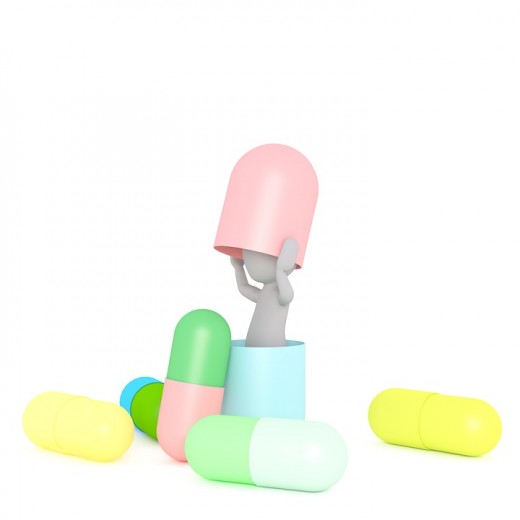
6. Sibutramine (Trade Name: Reductil, Meridia)
Discontinued in 2010.
Indicated for: Sibutramine is indicated for the treatment of obesity and weight control.
How it works: The medicinal substance reduces patients' hunger. Sibutramine is an appetite suppressor.
Evidence that justifies removing it from the market: The medicament was linked to several heart attacks, strokes, and patients’ deaths in 2010. However, the drug still being available in some countries.
7. Sitaxentan (Trade Name: Thelin)
Sitaxentan Discontinued in 2010.
Indicated for: Sitaxentan is indicated for the treatment of Pulmonary Artery high blood pressure.
How it works: It reduces the Pulmonary Artery blood pressure by relaxing its muscles.
Evidence that justifies removing it from the market: The medicinal substance was linked alteration of the liver function and liver damage.
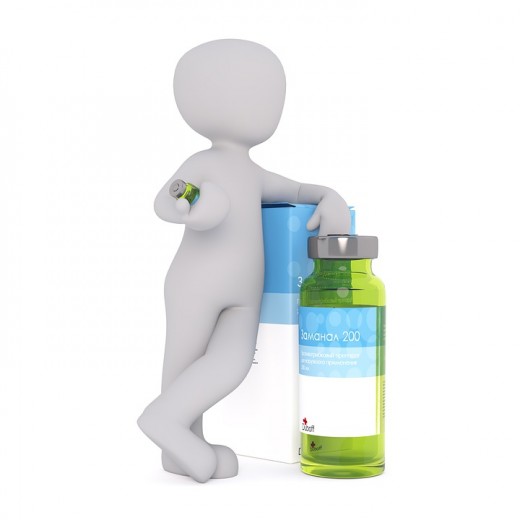
8. Efalizumab (Trade Name: Raptiva)
Efalizumab discontinued in 2010
Indicated for: Efalizumab is indicated for the treatment of psoriasis, rheumatoid arthritis, and other autoimmune diseases.
How it works: It reduces local inflammation. Together with, it decreases the immune system response.
Evidence that justifies removing it from the market: Efalizumab was linked to brain damage among patients who took it.
The number of drugs removed from the market has been reducing over time. The pharmaceutical industry follows the highest safety guidelines to avoid exposing the patient to unknown risk. The legal settlements obtained along the years have increased the safety measurements and the speedy answer of this industry to recall voluntarily any high risk or harmful medication.
Unfortunately, there are some side effects or negative associations, which are discovered only after several years of patients’ exposure to it. However, thanks to the information, exchange across diverse medical societies, regulatory agencies, and watchdog groups, any potential detrimental effect caused by a particular drug is rapidly addressed. Thus, consumer safety is protected either by the public pressure on the regulatory agencies or by the voluntary recall of the pharmaceutical company.

